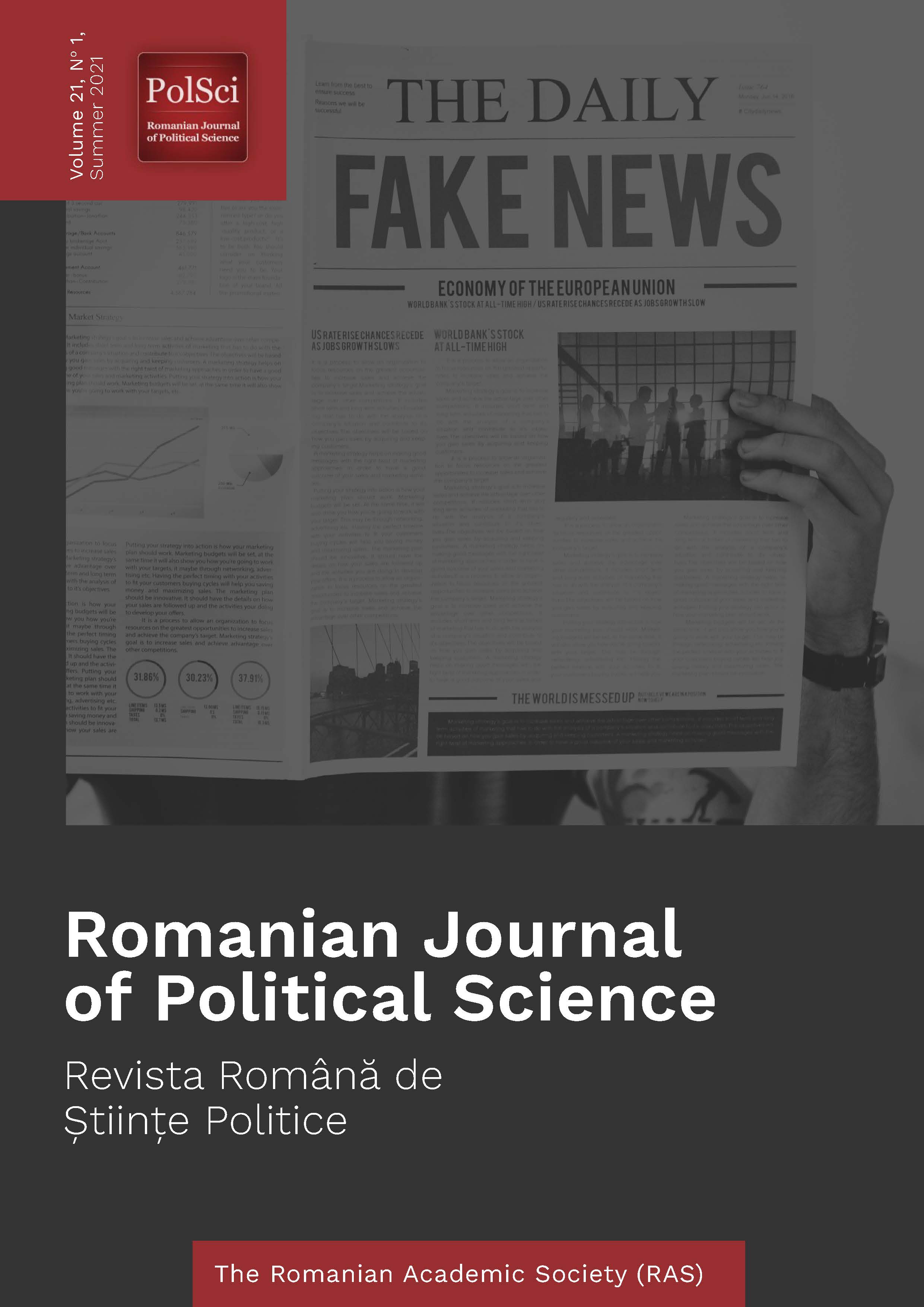Is social media affecting the perceived trustworthiness of misinformation? Evidence from experimental comparisons
Is social media affecting the perceived trustworthiness of misinformation? Evidence from experimental comparisons
Author(s): Christoph M. AbelsSubject(s): Media studies, Communication studies, Methodology and research technology, Evaluation research, ICT Information and Communications Technologies, Socio-Economic Research
Published by: Societatea Academică Română (SAR)
Keywords: Social media; Misinformation; Fake news; Trustworthiness; WhatsApp; Telegram; LinkedIn; Instagram;
Summary/Abstract: Social media plays a major role in the dissemination of misinformation. Although social networking sites (SNS) largely differ in their functionality and appearances, and therefore their ability to serve as misinformation vector, researchers have rarely systematically compared different SNS to investigate platform-specific effects beyond Facebook and Twitter. This study tries to address this lack of diversity concerning SNS in the literature by experimentally comparing SNS-specific effects across seven different platforms (Discord, Facebook, Instagram, LinkedIn, Telegram, Twitter, WhatsApp) and the Associated Press (AP) website as control condition. The focus is on the perceived trustworthiness of manipulated news, as well as on participants’ willingness to share, interact and distribute this news to friends or family. While platforms’ specific effects do not vary significantly in this experiment, further analysis shows that prior exposure to misinformation affects credibility judgements across all of them and could thereby inform an evidence-based strategy against SNS-powered misinformation.
Journal: Romanian Journal of Political Sciences
- Issue Year: 21/2021
- Issue No: 1
- Page Range: 116-138
- Page Count: 23
- Language: English
- Content File-PDF

